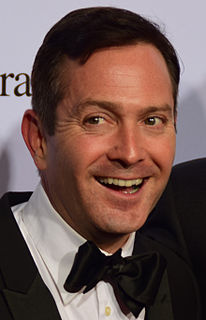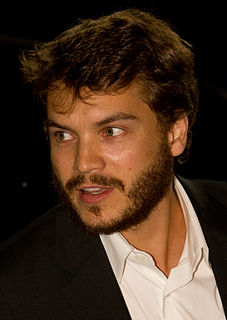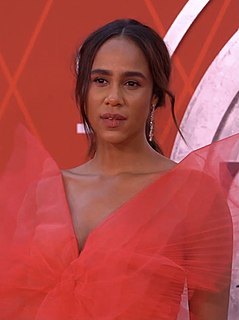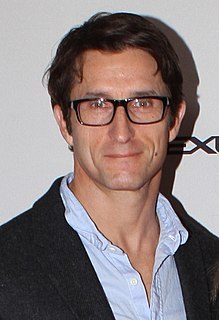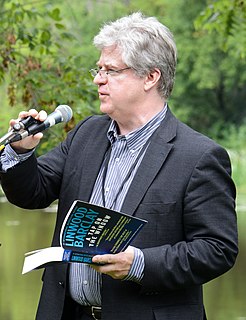A Quote by Jay Chandrasekhar
In the summer of 2000, four college friends and I grew mustaches, bought highway patrol uniforms, and shot a $1.2 million budgeted independent film called 'Super Troopers.'
Related Quotes
At the end of the day, it's all one version of telling a story. I treated this as if it was a two million dollar independent film. I did a lot more physical work than I'd probably have to do for a two million dollar independent film with four months of training and stuff. But as far as the character's psychology or emotional life goes, I treat it just the same.
I was born in Darien, Connecticut, but in 1959, when I was four, my parents moved to the suburbs of Toronto. Then, in the late 1960s, they bought a cottage in a resort/trailer park in the Kawarthas region of Ontario, and we moved up there. I wrote a book about it in 2000 called 'Last Resort: Coming of Age in Cottage Country.'
I was born in Darien, Connecticut, but in 1959, when I was four, my parents moved to the suburbs of Toronto. Then, in the late 1960s, they bought a cottage in a resort/trailer park in the Kawarthas region of Ontario, and we moved up there. I wrote a book about it in 2000 called 'Last Resort: Coming of Age in Cottage Country.


